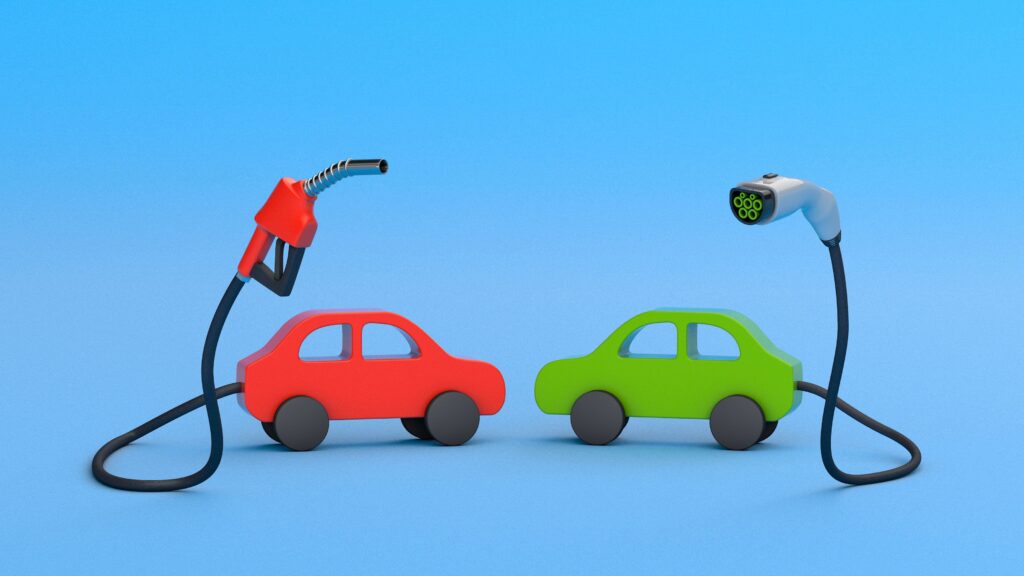While electric cars are rapidly gaining attention worldwide, a classic question arises: how do they compare with traditional petrol cars? The automotive industry is stormed by electric cars offering a more environmentally-friendly alternative for everyone. But is it really better than petrol cars?
In this post, we will take a comprehensive look at electric cars vs petrol cars, examining their cost, performance, environmental impact, and value differences. So, buckle up, and let’s learn together!
Electric cars vs petrol cars: pollution

According to a Union of Concerned Scientists study, electric cars emit less global warming emissions than petrol cars, even when considering the emissions from electricity generation at power plants.
In fact, electric cars produce only about half of the carbon dioxide (CO) emissions of petrol cars over their lifetime.
But it’s not just about CO emissions. Petrol cars also emit various other pollutants like nitrogen oxides (NOx) and particulate matter, contributing to air pollution and harmful health effects.
In comparison, electric cars produce zero tailpipe emissions, meaning they don’t release any pollutants directly into the air.
Electric cars vs petrol cars: maintenance
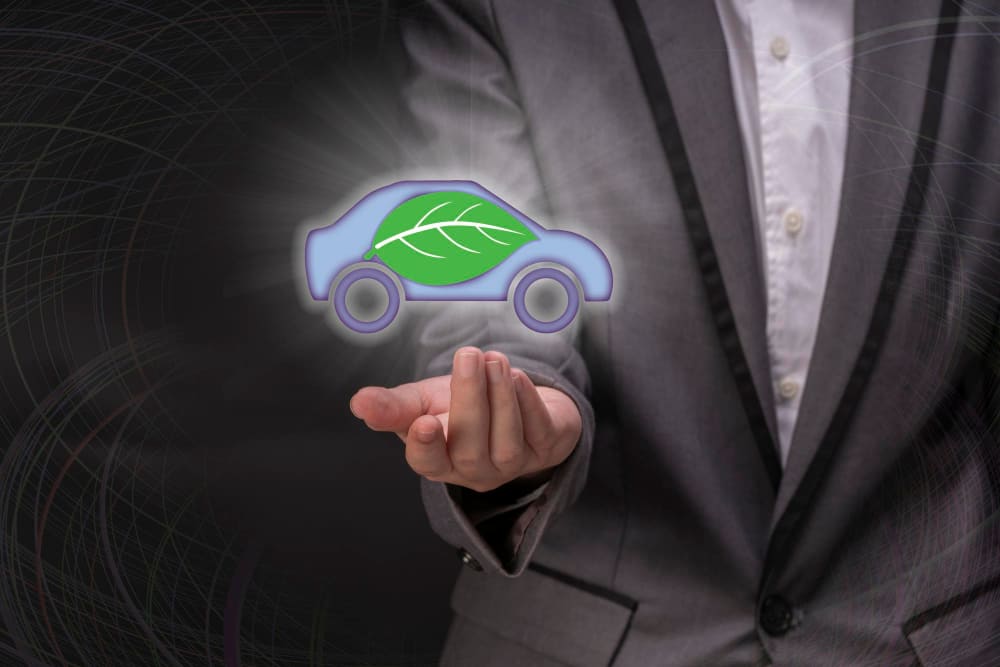
Regarding maintenance, electric cars offer several advantages over petrol cars.
Firstly, electric cars have fewer moving parts than petrol cars, making them less likely to require repairs or replacements. For example, electric cars don’t have spark plugs, oil filters, or timing belts, which are susceptible to wear and tear in petrol cars and must be changed regularly.
Additionally, electric cars have regenerative braking systems, meaning that the brakes use the car’s momentum to recharge the electric car battery instead of wearing down brake pads and discs. This feature also leads to longer brake life, reducing maintenance costs for electric cars.
On top of that, electric cars don’t need oil changes, engine tune-ups, and other routine maintenance tasks required for petrol cars, hence the lower maintenance costs.
Electric cars vs petrol cars: range
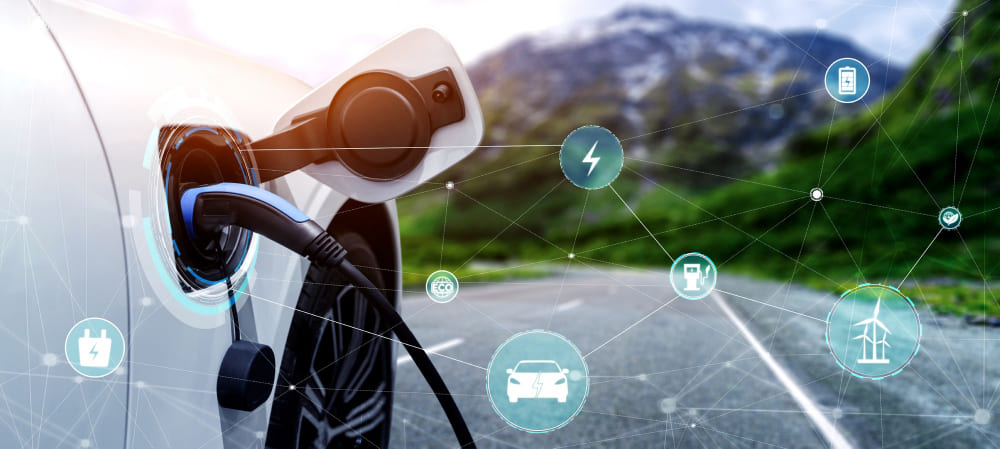
One of the most significant differences between electric and petrol cars is their range. Petrol cars have a range of several hundred kilometers on a full tank, while electric cars can have up to 600 kilometers on a single charge, depending on the model.
For instance, the Tesla Model S Long Range has a range of up to 650 km on a single charge, making it comparable to many petrol cars in terms of range.
Moreover, data showed that the average daily commute for most people in Australia in 2022 is around 33km, which means that electric cars can easily meet the daily commuting needs of most drivers without needing to recharge during the day.
Electric cars vs petrol cars: running costs
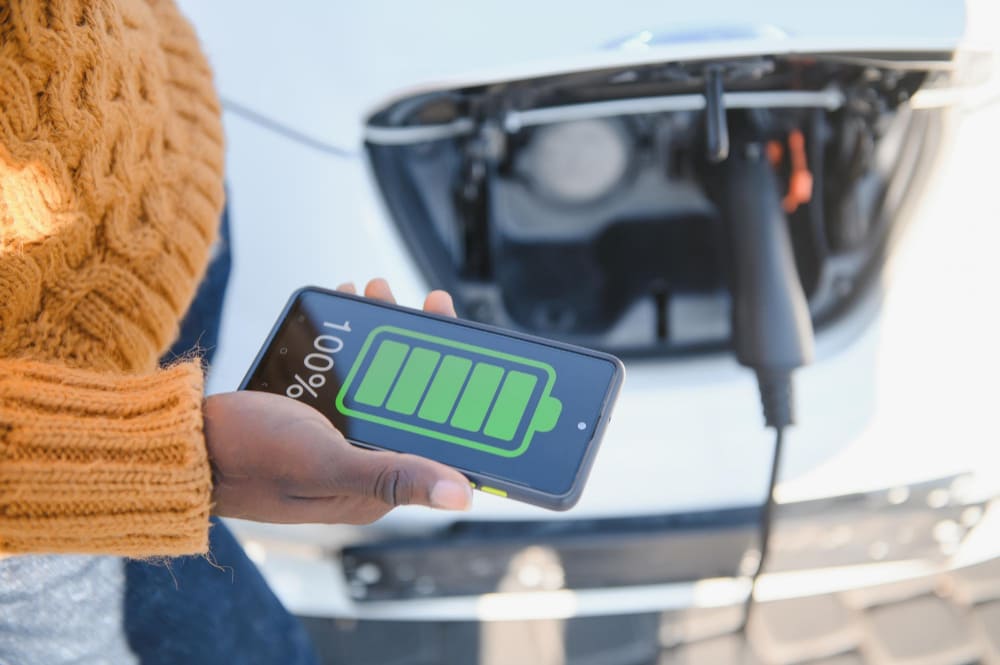
Furthermore, electric cars generally have lower operating costs than petrol cars. According to Australia’s Electric Vehicle Council (EVC) study, electric cars cost about 70% fewer fuel costs over a year than cars with internal combustion engines.
The U.S. Department of Energy (DOE) study also showed that EVs convert more than 77% of the electrical energy from the grid into power at the wheels. In contrast, conventional gasoline vehicles have a significantly lower energy conversion rate, typically up to 30% of the energy stored in gasoline being converted into power at the wheels.
These data prove that electric cars can travel much further on the same amount of energy compared to petrol cars.
For example, driving 100 kilometers in an electric car can cost as little as $3-$4 in electricity charges. In contrast, the same journey in a petrol car can cost upwards of $20 in fuel costs, depending on the car’s fuel efficiency and petrol prices.
Electric cars vs petrol cars: environmental impact
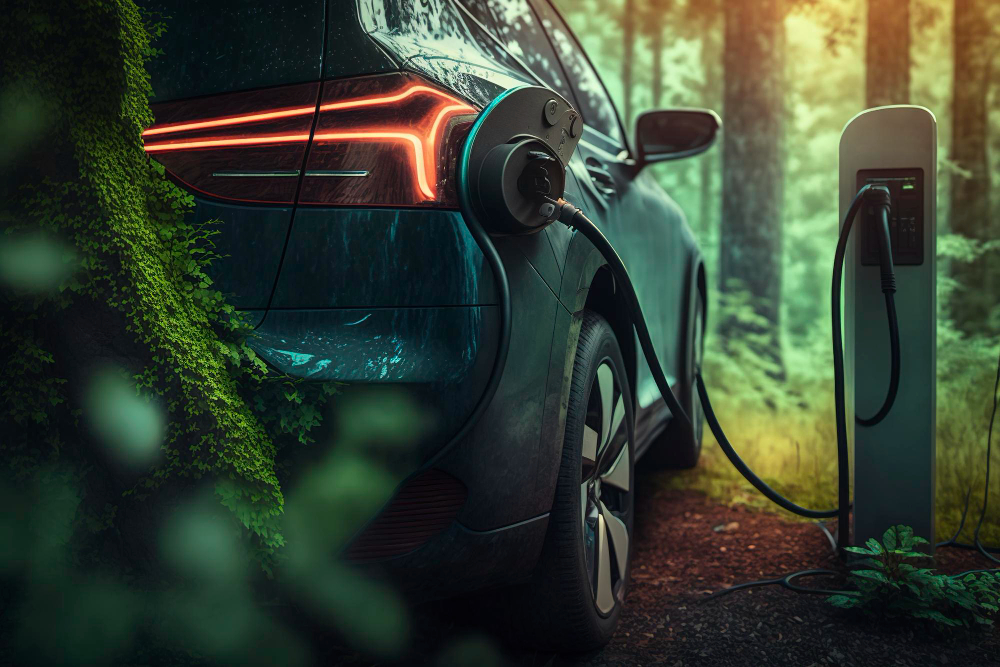
As mentioned earlier, electric cars hardly produce pollutants compared to the environmental impact petrol cars have. This can help reduce noise pollution in cities. Unlike petrol cars, electric cars operate almost silently, which can significantly reduce the level of noise pollution in urban areas.
On top of that, governments in some countries, such as Australia, also offer national incentives for electric vehicles, including secondhand electric cars. These incentives will make people easier to purchase used electric cars, resulting in lower environmental impact in the long run.
Electric cars vs petrol cars: resale value

Electric cars have not always had the best reputation compared to petrol cars. Mostly, petrol cars hold higher resale value.
However, recent data suggest that electric cars hold their value quite well.
Moreover, many experts predict that electric cars will hold their value better than petrol cars in the future since electric cars have fewer moving parts and require less maintenance, potentially leading to longer lifespans and lower running costs over time.
Furthermore, governments worldwide are implementing policies to encourage the adoption of EVs, such as tax incentives, rebates, and zero-emission vehicle mandates. As more people switch to electric cars, the demand for used electric cars will also likely increase, leading to higher resale values.
Frequently Asked Questions
What are the pros of a petrol car?
Some pros of petrol cars include their widespread availability, faster refueling, lower upfront cost, better performance, and more variety.
What are the cons of a petrol car?
Some cons of petrol cars include higher fuel costs, environmental impact, higher maintenance and repair costs, noise pollution, and dependence on fossil fuels.
What are the advantages of an electric car?
Electric cars have advantages such as zero emissions, lower fuel and maintenance costs, quiet performance, instant torque, and increasing availability of EV charging stations.
What are the disadvantages of an electric car?
The disadvantages of an electric vehicle include longer charging speeds, higher upfront costs, availability of charging infrastructure, and battery electric vehicles’ degradation over time.
Conclusion
In conclusion, electric and petrol cars are currently competing for popularity. However, while petrol cars still dominate the market, electric cars offer numerous advantages and are becoming more affordable and accessible daily.
Despite some disadvantages, electric cars are a smart choice for environmentally conscious people who want to save money on fuel and maintenance costs, enjoy a smooth and quiet ride, and contribute to a cleaner planet.
For those interested in exploring the world of electric cars further, Kilowatt Cars is an excellent secondhand EVs dealer that offers a wide selection of affordable and reliable second hand electric vehicles for sale in Victoria and other areas in Australia.

